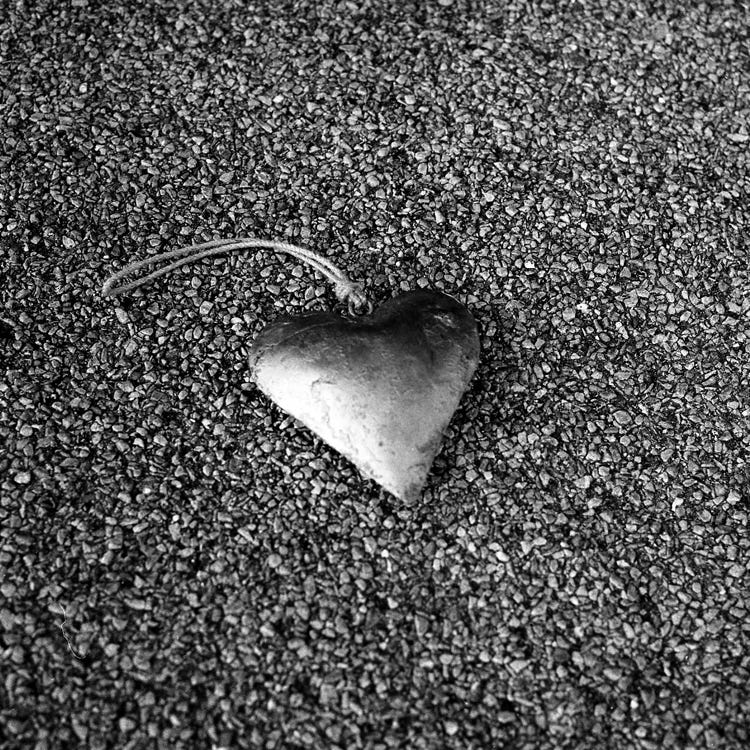The Beautiful Disorientation
What is poetry, if not this? A manifesto.
Before you read this, I want to share where it came from. I’ve been thinking a lot about what poetry does, not just how it sounds or looks on the page, but how it moves us, disorients us, changes us. This isn’t a definition. It’s more of a manifesto. A feeling. A theory. A truth I keep circling.
The Beautiful Disorientation is my attempt to answer a question I keep asking: What is poetry? Not in the academic sense but in the way it wrecks and rebuilds something inside us. This is what I believe. Or at least, what I believe right now.
The Beautiful Disorientation
Poetry is the art of beautiful disorientation.
The poet distracts on purpose, shattering perspective with beauty, rhythm, and language.
It isn’t about clarity. It’s about reshaping.
To disorient is to move the reader, gently or otherwise, out of what they knew and into something they didn’t expect.
Through that journey, they are broken down, molecule by molecule, and rebuilt, different, maybe better, maybe worse, but always changed.
A new perspective has landed.
The poem becomes a platform, a crucible where language patterns, rhythms, and metaphors strip us bare and reconstitute us.
We emerge altered, having learned something about the world, ourselves, each other, or the poet.
This transformation happens in the line,
in the breath between lines,
in the order and disorder of it all.
Poetry is a conduit to a new world.
An escape hatch.
A way out,
and a way in.
It is a beautiful disorientation.
As Rainer Maria Rilke once said, “The point is to live everything. Live the questions now. Perhaps then, someday far in the future, you will gradually, without even noticing it, live your way into the answer.”Poetry challenges us. It questions us.
But it doesn’t interrogate. It invites.
It opens us through imagery, through association, through feeling.
It leads us to better questions, the ones we didn’t know we needed to ask.
I often think of poetry, or writing itself, as a forgotten attic.
Dusty suitcases, weathered chests, sealed boxes
tucked away by time, by lineage, by memory.
Inside are letters, notes, and missives from the past and future,
written by us, or for us, or passed down through the bloodline.
Some days, we’re ready to open them.
Some days, we are not.
But the line is always waiting.
This is why practice matters.
To write is to listen.
To be open to the questions still forming.
To be patient with what has yet to be revealed.
Poetry heals.
It heals you,
and it heals others.



I can't pretend that I understand poetry. I'm rather uneducated in this respect. I have written little things myself, but I'm not sure if I would share them.
What I know is there's a kind of lyricism, a melody if you will, like listening to a piece of music for the first time. It either pulls me in, or it doesn't. I enjoy Dylan Thomas and Simon Armitage. I subscribe to an American poetry blog and receive poems weekly.
But I don't get them all. Especially the ones concerning current affairs.
But. This, your post, says a lot of how I feel about poetry. Not what I think.
I feel like I shared a swim in your pond.
So wonderful to have another poet in my life. I believe poetry is the closest to the words of mystics when telepathy is not available.
Loved this exploration.